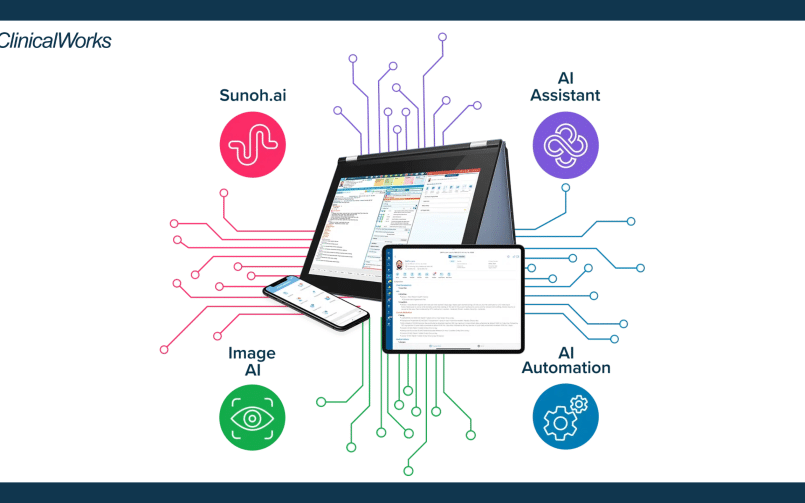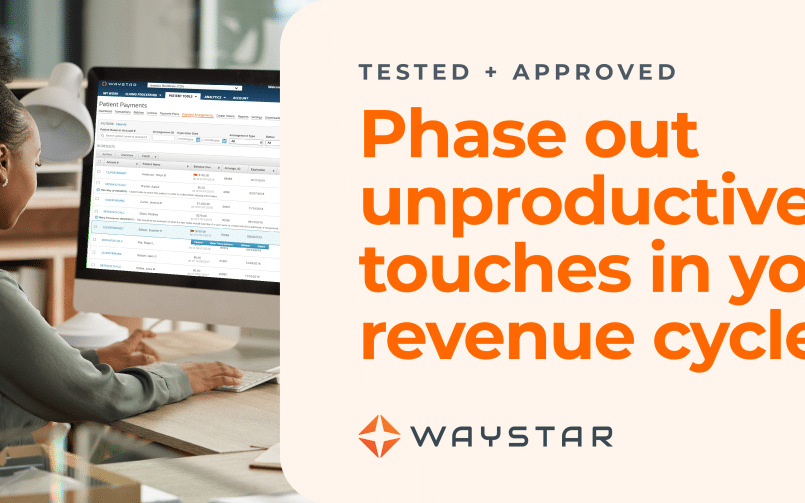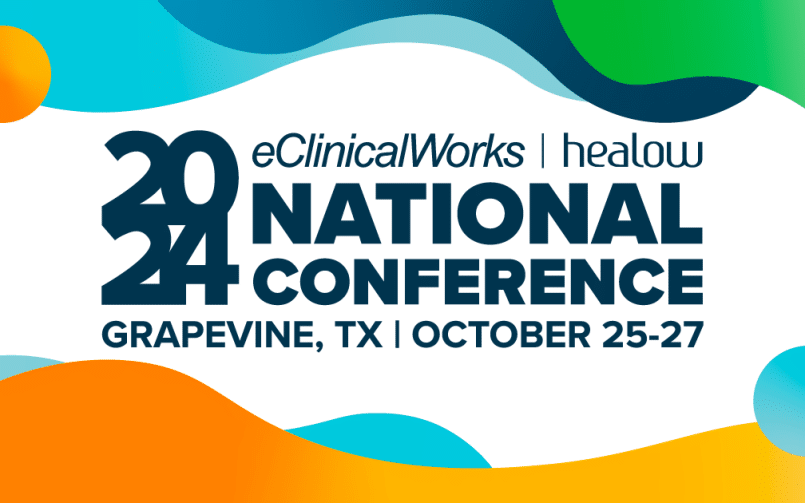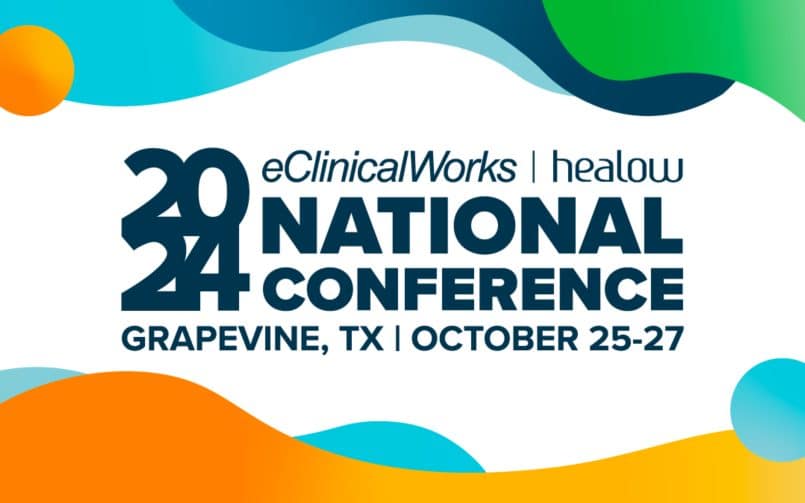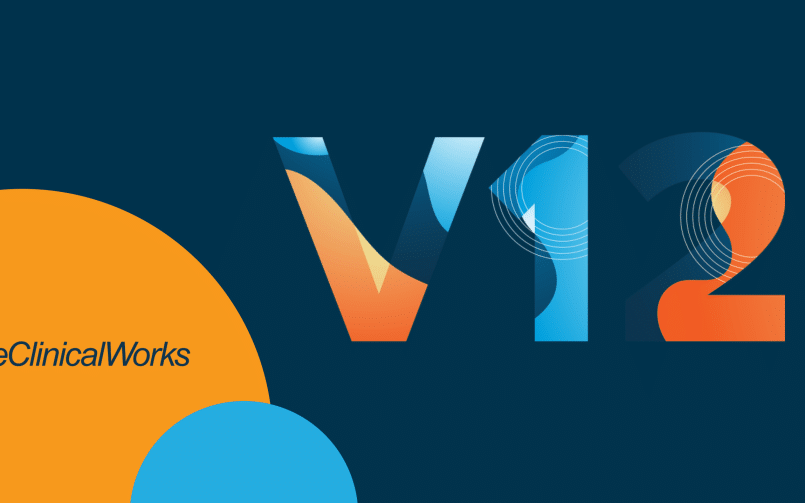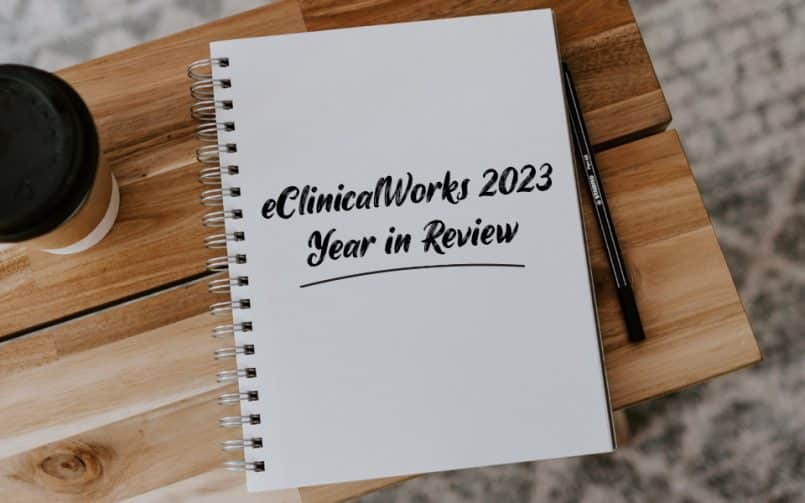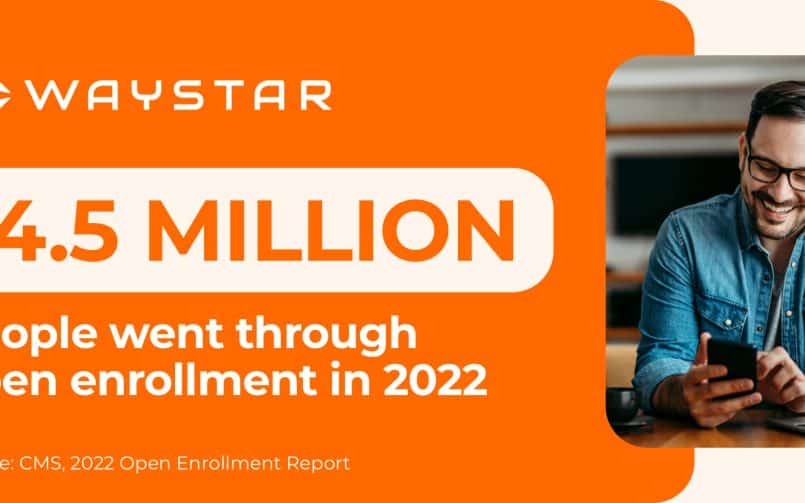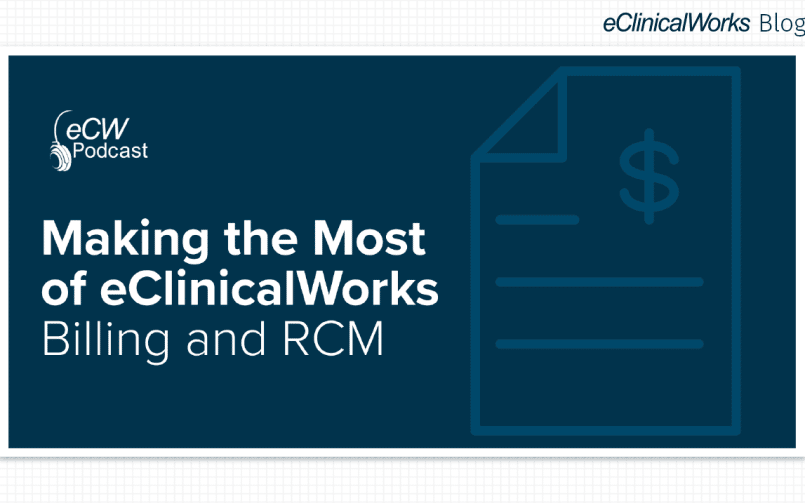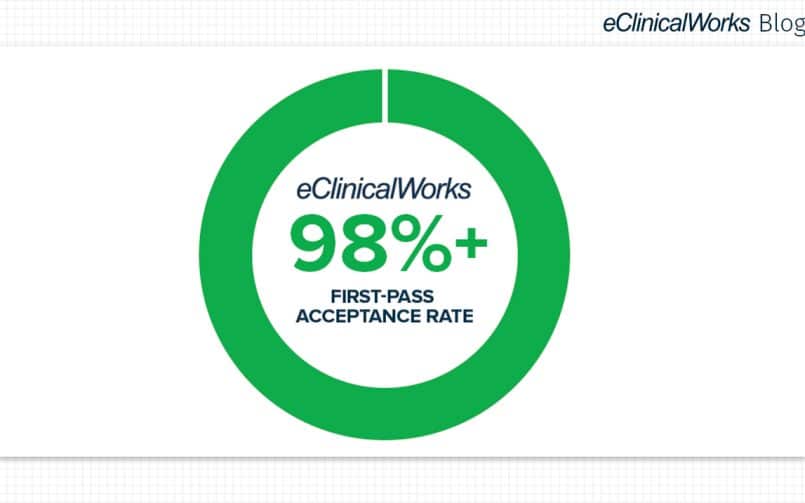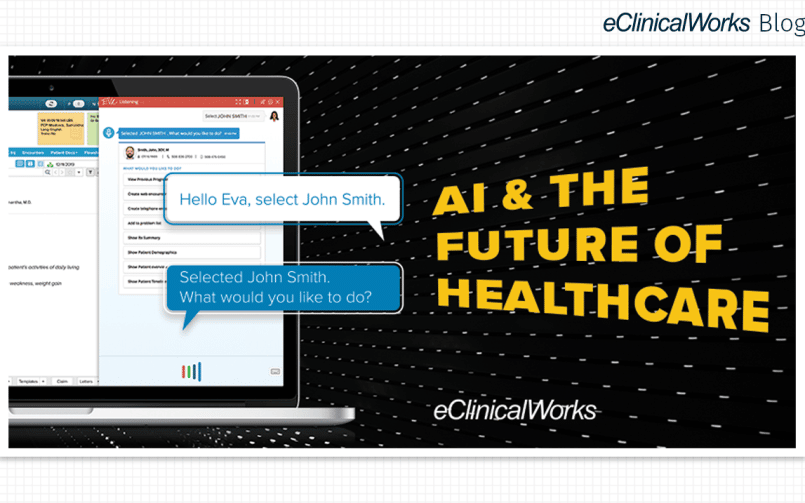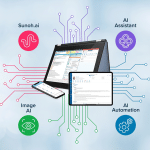The Bots Are Here to Help
- 3 May 2024
- Blog
eClinicalWorks

From front office to RCM, robotic process automation can help the bottom line
Is there anything better than finding free money?
The Wall Street Journal recently reported on a Pennsylvania-based sustainable-waste processing company, Reworld, that is reclaiming some of the estimated $68 million in coins that Americans toss in the trash every year.
It turns out that those pennies, nickels and dimes add up. Reworld has recovered about $10 million in coins over seven years.
Clear (and cleaner!) savings through RPA
Healthcare practices have even more powerful and more lucrative ways to capture savings — ones that don’t require sorting, washing, and counting small metal discs.
That path to better financial health involves applying artificial intelligence (AI) and Robotic Process Automation (RPA) to day-to-day operations. It is among the most financially sound steps any practice can take.
Why the money and savings matter
As every practice administrator knows, billing costs are enormous. A recent Health Affairs report found medical practices spend about $30 billion annually on billing. That is likely a low estimate, as it is based on data from 2009.
And a 2020 report by the Council for Affordable Quality Healthcare, Inc. found healthcare practices could have saved $16.3 billion in 2020 by switching from time-consuming, error-prone manual processes to automated ones.
It’s no wonder, then, that most medical organizations have embraced AI tools to some degree. This study by Change Healthcare found that nearly all U.S. hospitals are using AI in their Revenue Cycle Management, while two-thirds of all respondents — including ambulatory practices — are employing AI to some degree.
Our RPA goes beyond the basics
Thus far, common applications of AI for RCM among healthcare practices include patient eligibility and benefits verification and generating estimates for what a patient will owe.
That’s a great start, but eClinicalWorks offers practices a much more comprehensive and powerful tool.
Our Robotic Process Automation (RPA) for Revenue Cycle Management helps eClinicalWorks practices:
- Set up statement processing rules, including ones to write off small balances and add the correct write-off codes and apply them before statements are sent out. Simply put, we help practices stop chasing after balances where it makes no financial sense to do so.
- Get help with payment distributions, so that payments are credited to the proper accounts. Bots can automatically apply a patient’s credit balance to open claims based on time, provider, or facility.
- Efficiently manage every aspect of RCM operations, including claim statuses, reconciliations, ERA posting, alerts, appeals, statements, and collections.
Overcoming barriers to AI and RPA use
Given the obvious financial advantages, what’s stopping practices from implementing AI and RPA solutions more widely?
Well, the Change Healthcare study found that “76 percent of non-technical executives cited budgetary concerns as the primary obstacle to full AI integration.”
The reality for eClinicalWorks customers is exactly the opposite. By incorporating RPA bots into our RCM solution, we put practices on the leading edge of healthcare IT innovation at no additional cost — with no need to hire additional staff.
Success stories abound
Many eClinicalWorks practices are using RPA throughout their operations. They create automated Playlists for multi-screen navigation to reduce the time providers and staff spend on repetitive, day-to-day tasks. And they use our Clinical Rules Engine (CRE) to automate billing and coding functions, further streamlining operations and minimizing the possibility of human error.
Michigan-based McKenzie Health System, which uses CRE and RPA, offers an excellent example of how these tools help a clinic meet the challenges of servicing patients at multiple clinics spread throughout a largely rural service area.
“With the eClinicalWorks Clinical Rules Engine, we see a significant improvement in our coding process,” said Angela Stratton, clinical IT quality specialist at McKenzie Health System. “This is an amazing tool within eClinicalWorks, and I recommend it to all eClinicalWorks users.”
For more information on how eClinicalWorks RPA can help your practice, visit eclinicalworks.com or, for existing customers, contact your Strategic Account Manager.









